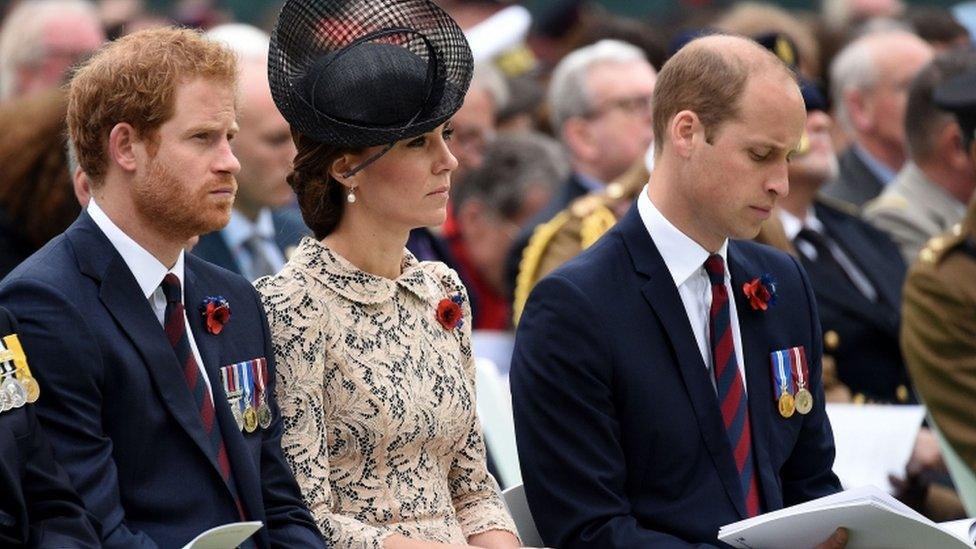Wales remembers Mametz Wood sacrifice
- Published
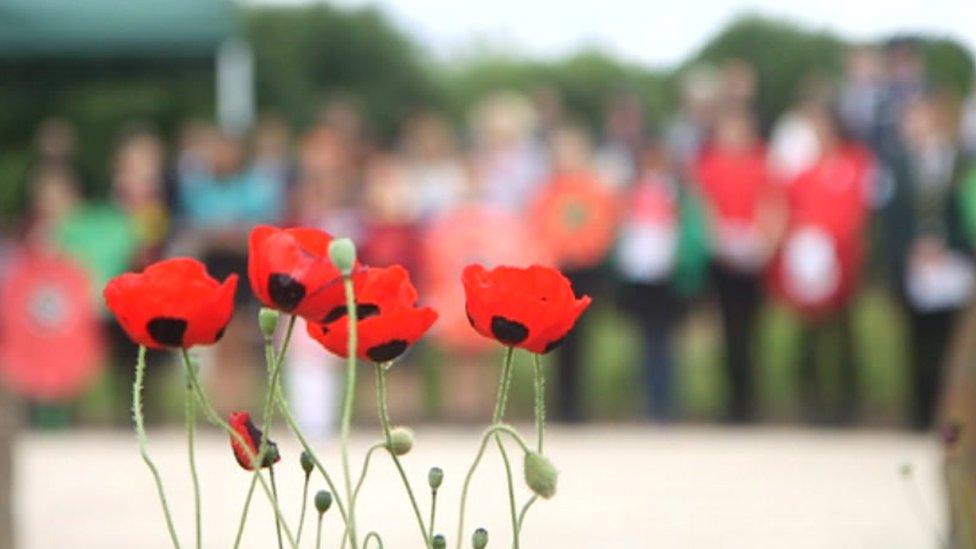
Wales has been marking the start of the battle for Mametz Wood in northern France 100 years ago which claimed the lives of thousands of Welsh soldiers.
The 38th (Welsh) Division attacked the wood between 7 and 14 July 1916, with over 4,000 men killed or injured.
A Great War Memorial Garden has been opened at Caernarfon Castle in Gwynedd, while a two-minute silence was observed at special ceremony in Cardiff.
Commemorations took place as the sacrifices were marked in France.
Mametz Wood: 'Massively important' to remember in Wales
Cardiff's first permanent memorial to people from the city who died during World War One was unveiled at Hendre Park Lake at 10:58 BST with a two minute silence. More than 1,000 trees have been planted, creating a memorial wood.
A service was also being held at the cenotaph in Blaenavon, Torfaen, to honour 18 local people killed during the battle and those who survived.
In Caernarfon, hundreds of people filed into the castle grounds despite the rain, following a remembrance service at St Mary's Garrison Church in the town.
A memorial garden has been established outside the Royal Welch Fusiliers Museum in the castle, with members of the public invited to plant a cross and poppy to recall those killed and injured throughout World War One.
Local politicians, military personnel and school children from across Gwynedd and Anglesey laid wreaths led by the Lord-Lieutenant for Gwynedd, Edmund Bailey.
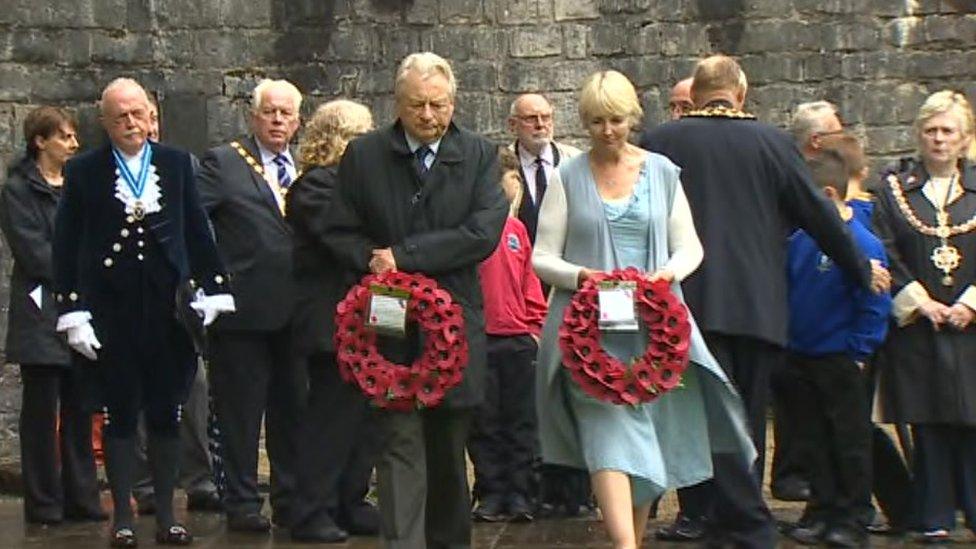
Assembly members Lord Dafydd Elis-Thomas and Sian Gwenllian took part in the ceremony
"It's massively important. A hundred years ago there were 4,000 Welshmen killed or injured in the Battle of Mametz Wood," he told BBC Wales.
"I was intent that there should be somewhere local for people to be able to pay their respects, so they didn't have to go out to France, and they didn't have to go down to Cardiff or to London to do so.
"It is quite fitting that it is here, because of course, Caernarfon Castle is the spiritual home of the Royal Welsh Fusiliers."
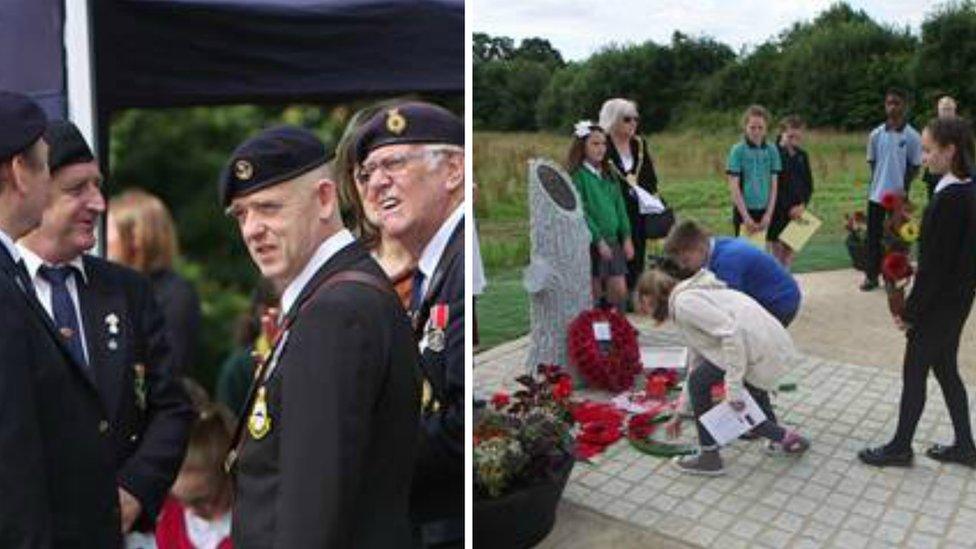
Among those planting their own crosses in the new garden were year six pupils from Ysgol Rhosgadfan near Caernarfon.
Headteacher Paul Carr said: "We think it is very important that the children understand what is going on, as a part of our history.
"We were given the opportunity to place a couple of crosses to represent the village of Rhosgadfan where the school is located so that we can also mark our respects for those who have paid the ultimate sacrifice in the years that have gone by."
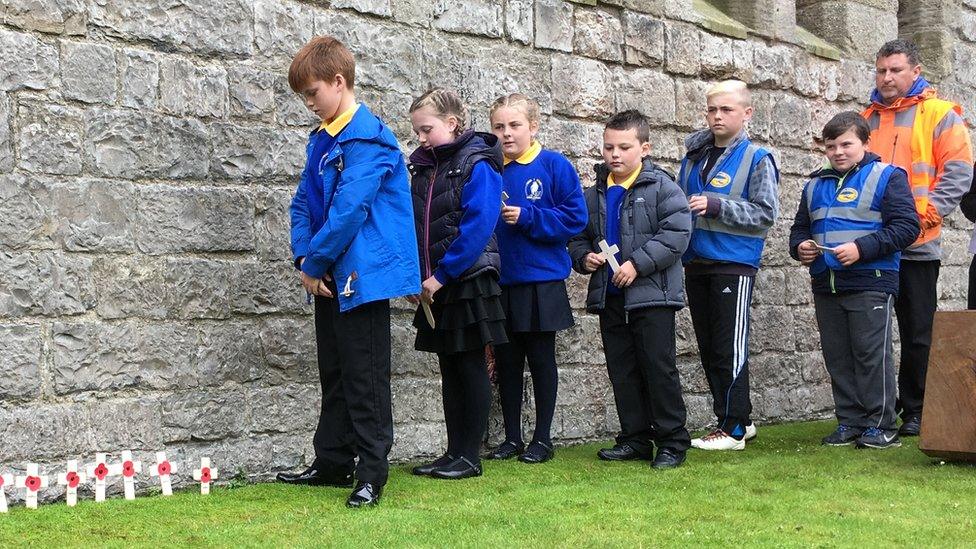
Ysgol Rhosgadfan pupils and headteacher Paul Carr
- Published7 July 2016
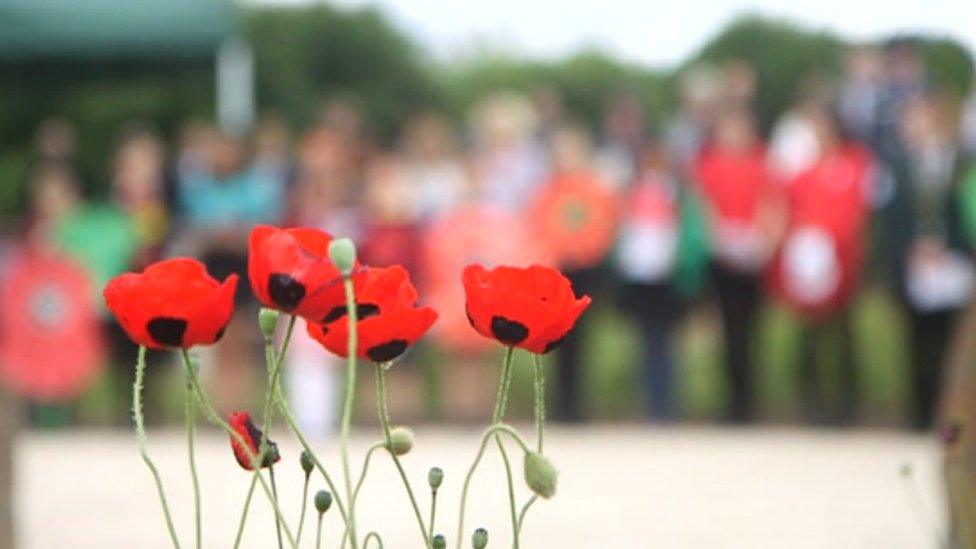
- Published7 July 2016
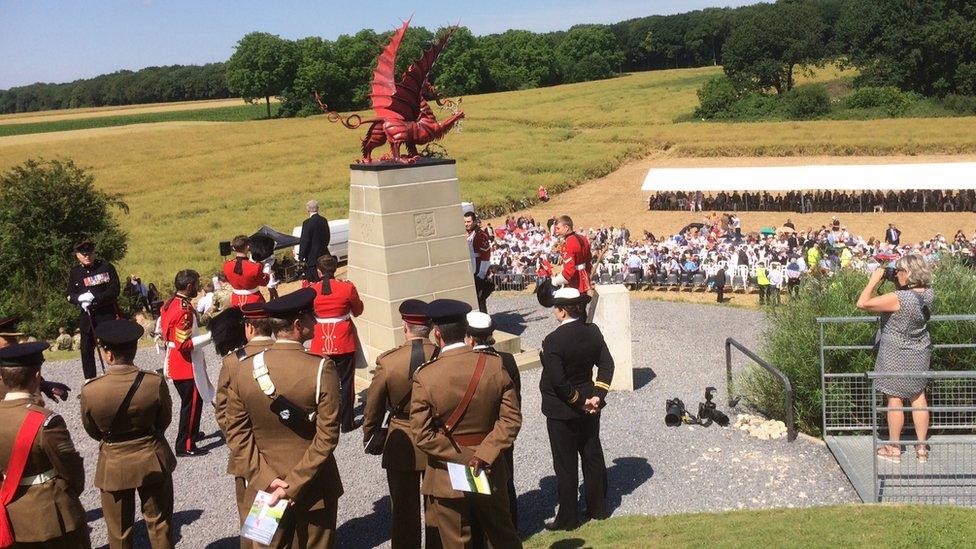
- Published7 July 2016
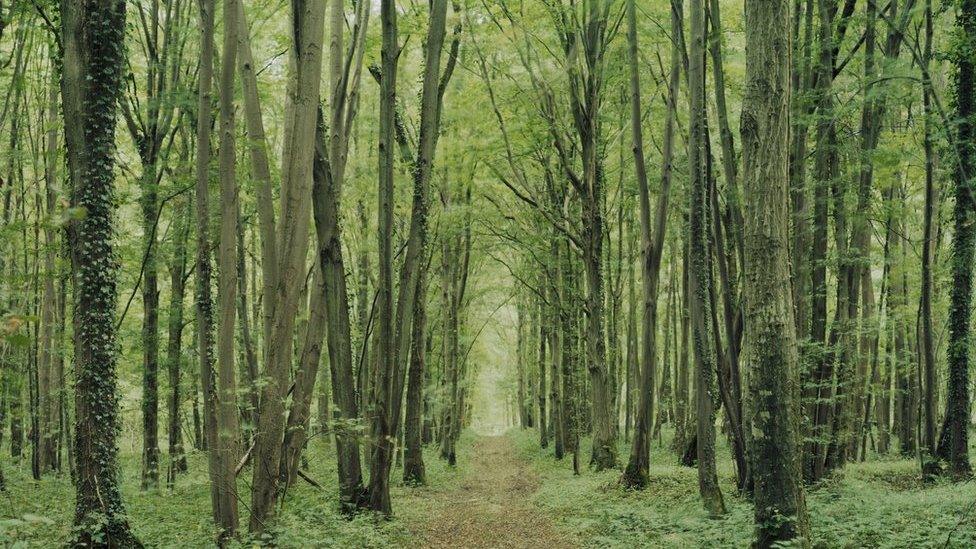
- Published5 July 2016
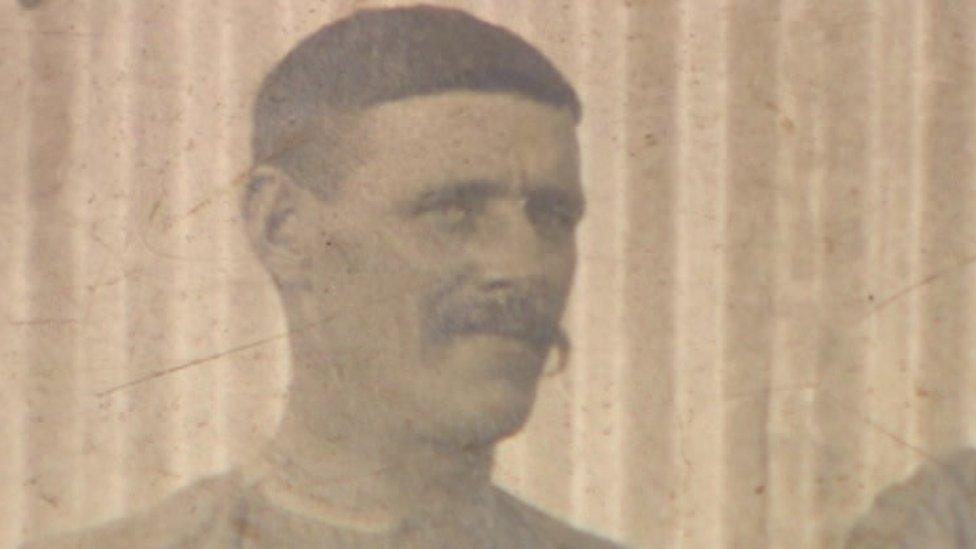
- Published4 July 2016
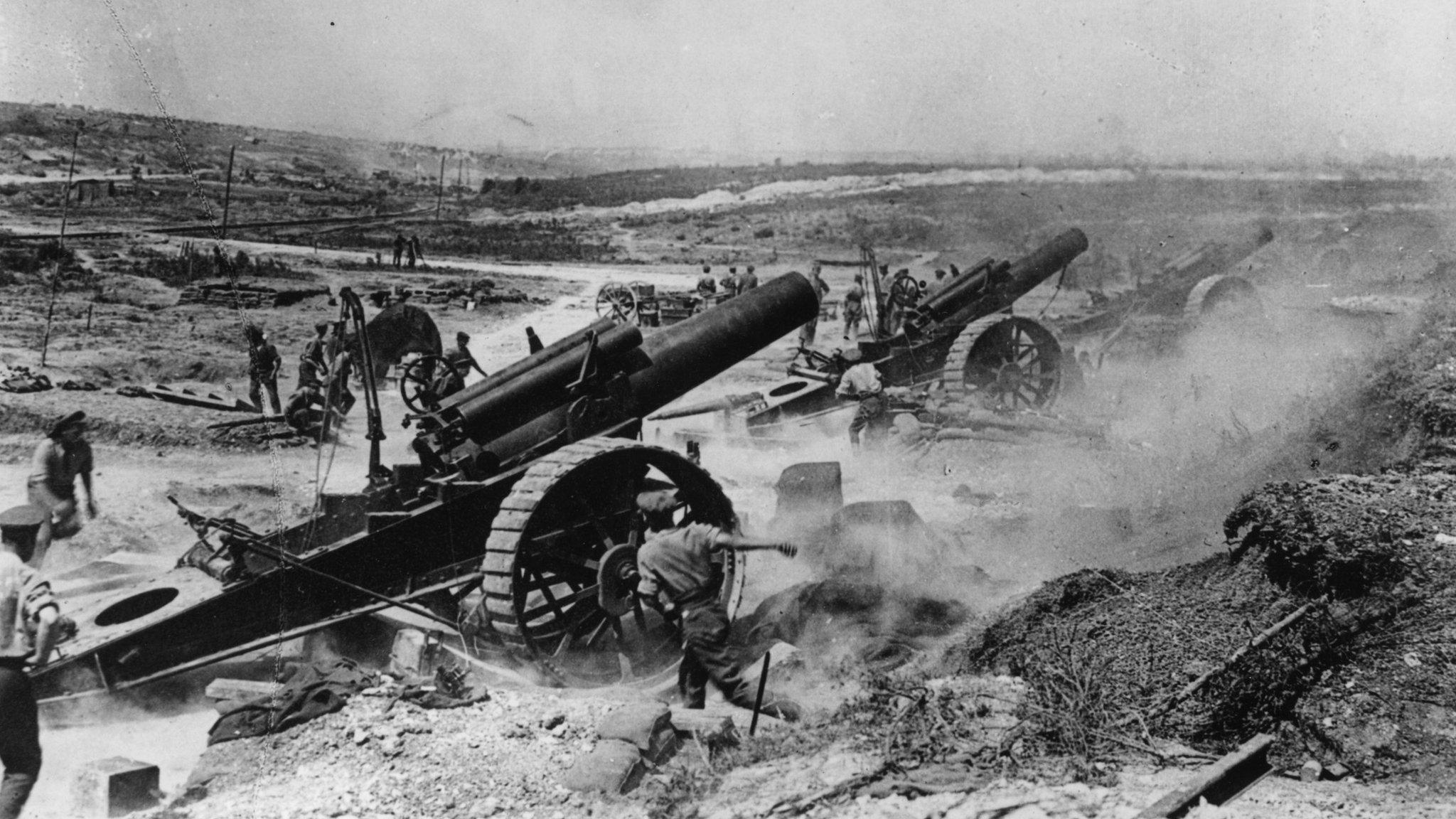
- Published4 July 2016
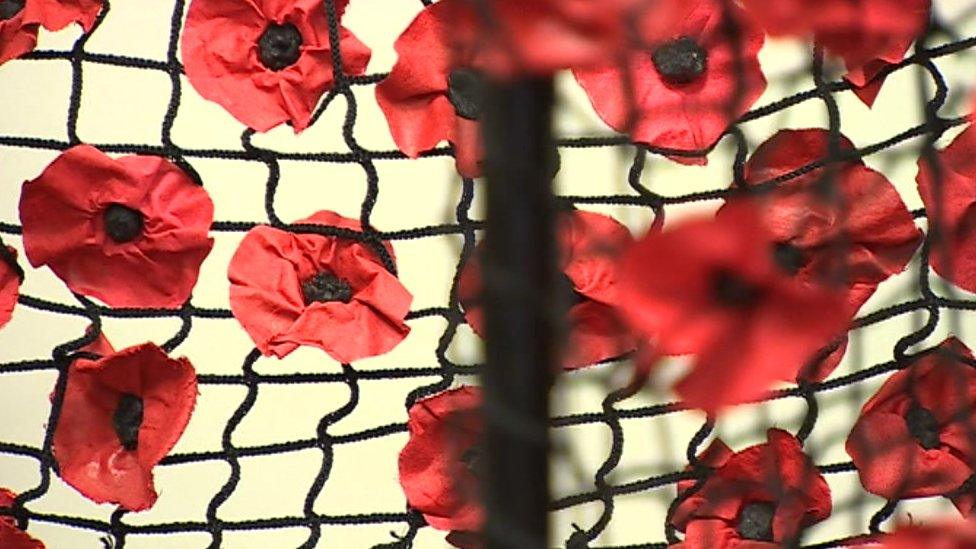
- Published4 July 2016

- Published3 July 2016
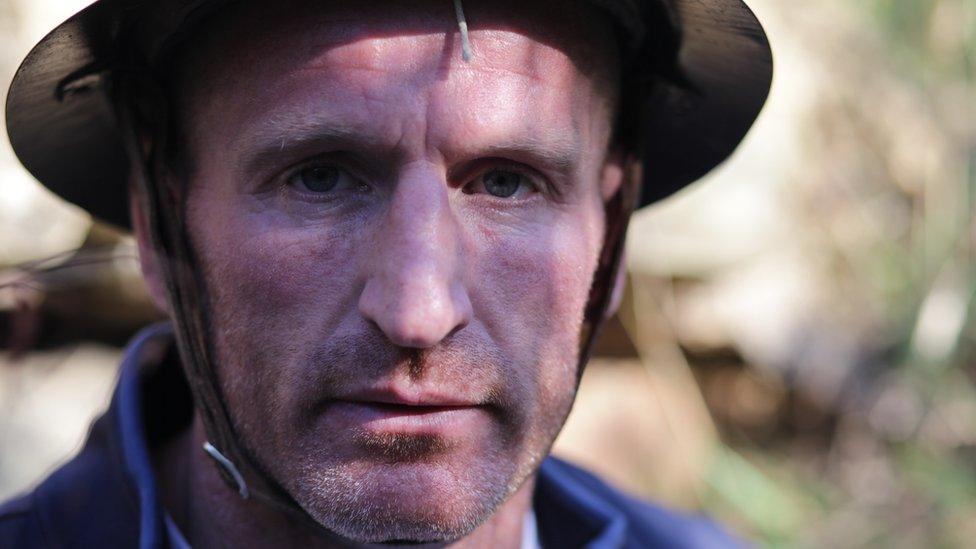
- Published1 July 2016
